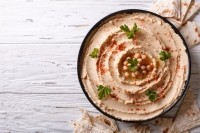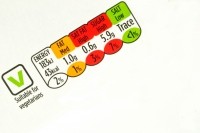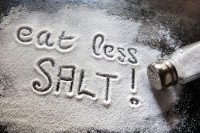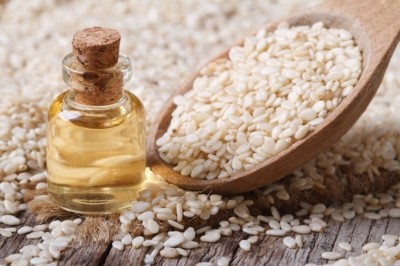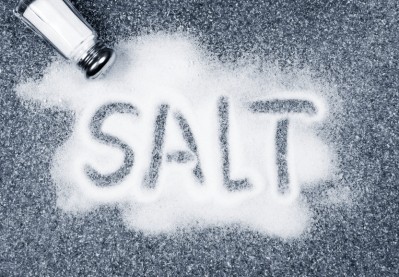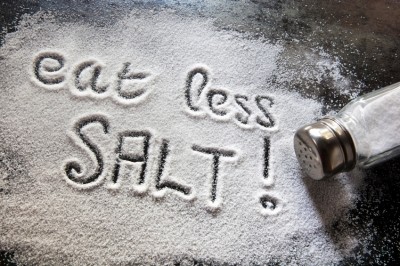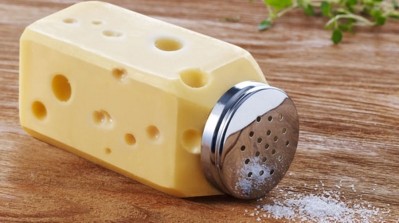'Healthy' dips are salt and fat traps: CASH survey
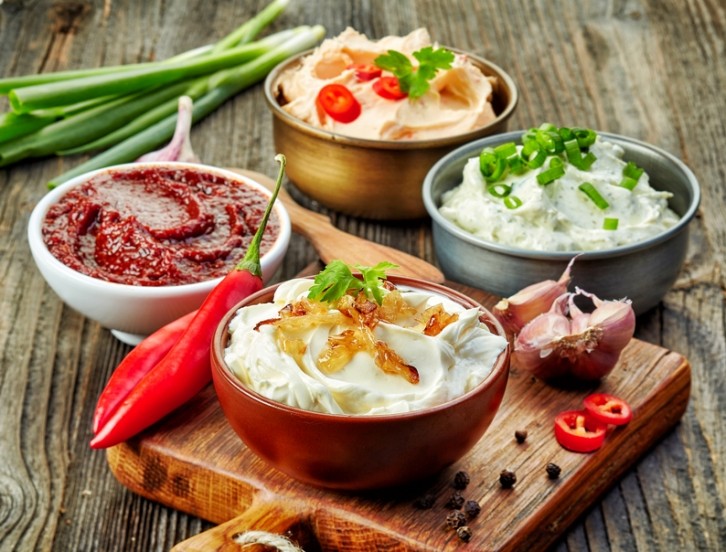
The worst offenders were Tesco’s caramelised onion hummus which, at 1.6 g, contains more salt per 100g (1.53g) than 4 packets of ready salted crisps.Marks & Spencer’s caramelised onion hummus also contains over a quarter of the daily maximum recommended intake for salt (1.53 g)
Premium brand Sabra’s aubergine-based Baba Ganoush has 1.6 g salt.
Of the 108 hummus products analysed, not a single one scored a green traffic light for salt.
“One portion of Waitrose’s Cheese and Chive dip contains more total fat than a Big Mac!,” said CASH.
There are also significant differences in the salt content within dip categories, with Waitrose’s Essential Reduced Fat Sour Cream & Chive containing 0.25 g per 100 g compared to 0.75 g per 100 g for Asda’s 30% Less Fat Sour Cream & Chive Dip.
However, the organisation also praised some products for their low salt levels. The Co-operative’s Salsa contains just 0.3 g and Lidl’s red pepper hummus has 0.43 g.
Traditionally, the Middle Eastern dip hummus is made with chickpeas, tahini, olive oil, lemon juice, garlic and salt making it a healthy snack high in protein and monounsaturated fats.
However industrial versions are often high in saturated fats. French retailer Monoprix’s private label version contains more white cheese and rapeseed oil than it does olive oil.
Where the products in question did not display an on-pack red, amber or green traffic light – the scheme is voluntary – CASH used the Department of Health’s guidance for front of pack nutrition labelling to work out the applicable colour.
CASH nutritionist and campaign manager, Sonia Pombo, told FoodNavigator that although use of the traffic light labelling could be seen as a way industry is being transparent, it is not necessarily read understandable for all consumers. Reformulation would be more effective, she said.
“It is mostly the ‘healthy well’ that will take the time to read labels and compare products. What we need is for food manufacturers to collectively reformulate all their products and gradually reduce the amount of salt and fat in their foods, so that everyone benefits. This would include the lower socioeconomic groups, who are more at risk of suffering from health implications associated with a poor diet.”
“This is worrying because people may perceive them to be healthy and may purchase them under the impression that they are ‘healthier’ than crisps or other foods,” Pombo said.
They are also often eaten with unhealthy snacks, such as nachos, giving people a double whammy of salt and fat, she added.
In the firing line
A vocal proponent of reformulation to reduce consumption levels of salt, fat and sugar, CASH regularly conducts surveys of commonly eaten food products available on the UK market to see how they fare for healthiness, often picking foods that consumers may not necessarily associate with high
levels of salt, sugar and fat.
High levels of salt in pre-packaged salads have come under fire as have butters and margarines, with seven out of ten butters surveyed containing red levels of salt.
It also zoomed in on the varying amounts of sugar in soda drinks of the same brand across different countries which can be as much as 29 g. A can of Sprite in Thailand contains 47 g of sugar per 330 ml while in Poland and Austria it has 19 g.
CASH encouraged consumers to be label savvy, taking the time to look at ingredient lists and nutrition information rather than simply opting for the low-fat versions of dips which may be high in salt.
It also urged people to make their own dips and eat them with vegetable sticks rather than crisps, nachos or breadsticks.
